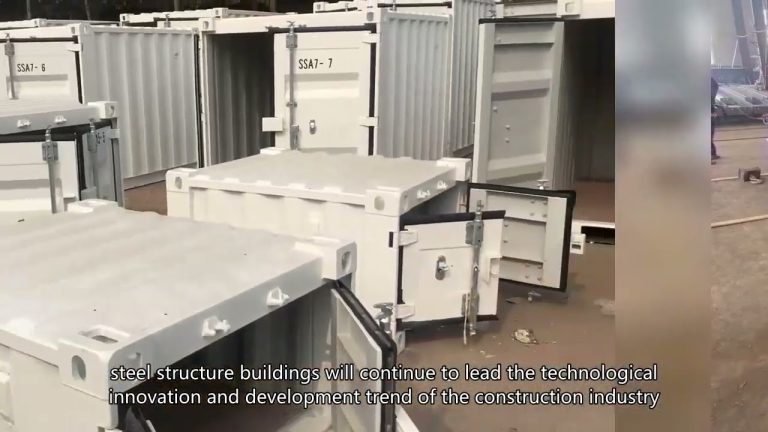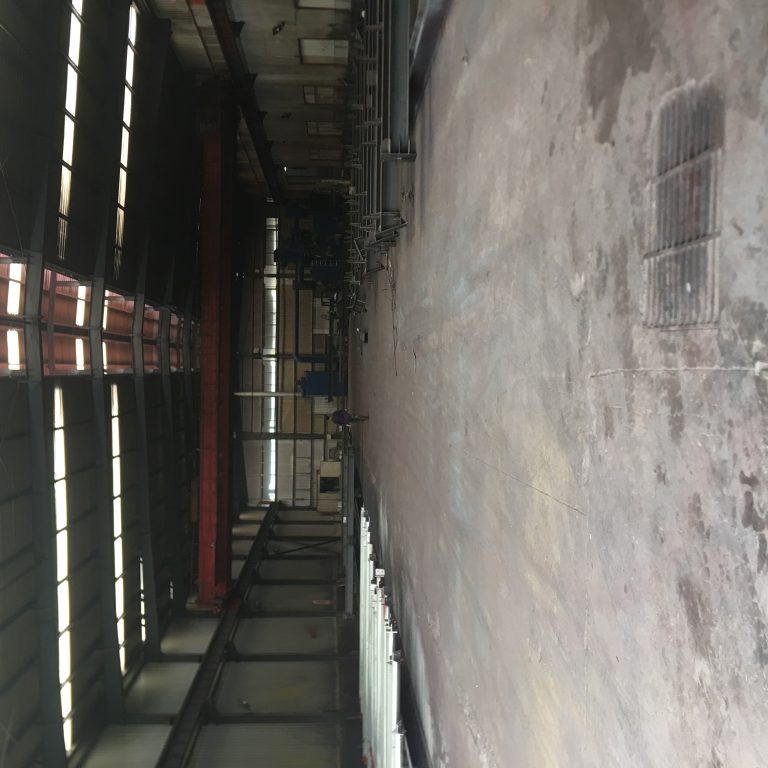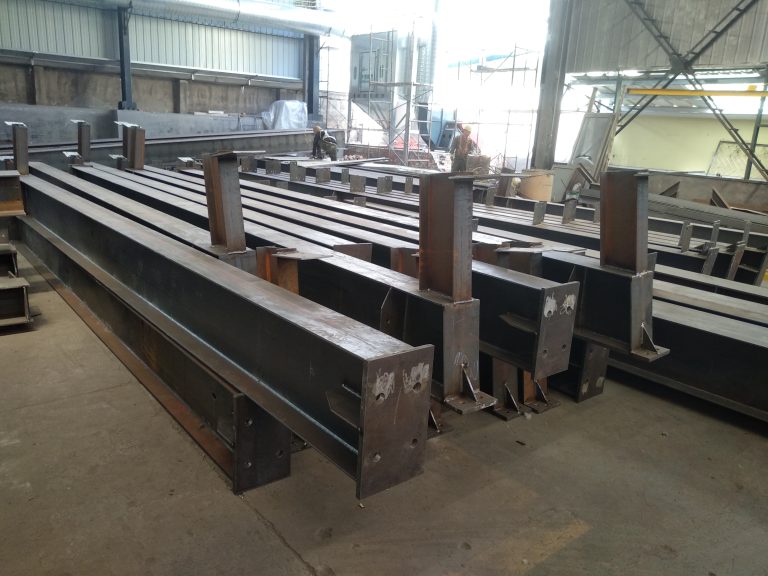Container warehouse: A new solution for efficient logistics.
Table of Contents
Benefits of Implementing a Container Warehouse Management System
In today’s fast-paced world of global trade and e-commerce, efficient logistics management is crucial for businesses to stay competitive and meet customer demands. One innovative solution that has been gaining popularity in recent years is the implementation of a container warehouse management system. This system allows businesses to streamline their operations, improve inventory management, and increase overall efficiency in handling goods.
One of the key benefits of implementing a container warehouse management system is improved inventory accuracy. By using advanced tracking and monitoring technology, businesses can easily keep track of their inventory in real-time, reducing the risk of stockouts or overstocking. This not only helps businesses save money by avoiding unnecessary inventory costs but also ensures that they can fulfill customer orders in a timely manner.
Furthermore, a container warehouse management system can help businesses optimize their storage space and layout. By using data analytics and automation, businesses can maximize the use of available space in their warehouses, reducing the need for additional storage facilities. This not only saves businesses money on rent and maintenance costs but also improves overall operational efficiency by reducing the time and effort required to locate and retrieve goods.
Another significant benefit of implementing a container warehouse management system is improved order fulfillment. By automating the order picking and packing process, businesses can significantly reduce the time it takes to process customer orders and get them ready for shipment. This not only improves customer satisfaction by ensuring timely delivery but also allows businesses to handle a higher volume of orders without increasing their labor costs.
In addition to improving inventory accuracy and order fulfillment, a container warehouse management system can also help businesses reduce their overall operating costs. By streamlining their operations and eliminating inefficiencies, businesses can save money on labor, storage, and transportation costs. This not only improves their bottom line but also allows them to offer competitive pricing to customers, giving them a competitive edge in the market.
Furthermore, a container warehouse management system can help businesses improve their overall supply chain visibility. By integrating with other systems such as transportation management and inventory forecasting, businesses can get a comprehensive view of their entire supply chain, allowing them to make informed decisions and respond quickly to changing market conditions. This not only improves their ability to meet customer demands but also helps them identify potential risks and opportunities for growth.
Overall, implementing a container warehouse management system offers numerous benefits for businesses looking to improve their logistics operations. From improved inventory accuracy and order fulfillment to reduced operating costs and enhanced supply chain visibility, this innovative solution can help businesses stay competitive in today’s fast-paced business environment. By investing in a container warehouse management system, businesses can streamline their operations, improve efficiency, and ultimately drive growth and success in the long run.
How Container Warehouses are Revolutionizing the Logistics Industry
In recent years, the logistics industry has seen a significant shift towards more efficient and cost-effective solutions. One such solution that has been gaining popularity is the container warehouse. These innovative facilities are revolutionizing the way goods are stored, transported, and distributed, offering a range of benefits for businesses looking to streamline their operations.
Container warehouses are essentially large storage facilities that are designed to hold shipping containers. These containers can be used to store a wide variety of goods, from consumer products to industrial equipment. By utilizing these containers, businesses can maximize their storage space and improve the efficiency of their logistics operations.
One of the key advantages of container warehouses is their flexibility. Unlike traditional warehouses, which are often limited in terms of size and layout, container warehouses can be easily expanded or reconfigured to meet the changing needs of a business. This makes them an ideal solution for companies that are looking to scale up their operations or adapt to shifting market conditions.
Another major benefit of container warehouses is their portability. Because the containers can be easily transported by truck, train, or ship, businesses can quickly and cost-effectively move their goods from one location to another. This can help to reduce shipping times and costs, as well as improve overall supply chain efficiency.

In addition to their flexibility and portability, container warehouses also offer enhanced security and protection for goods. The containers are typically made of durable materials that are designed to withstand harsh weather conditions and potential security threats. This can help to reduce the risk of damage or theft, ensuring that goods arrive at their destination safely and intact.
Furthermore, container warehouses are also environmentally friendly. By using standardized containers that can be easily reused and recycled, businesses can reduce their carbon footprint and minimize waste. This can help to improve their sustainability credentials and appeal to environmentally conscious consumers.
Overall, container warehouses are proving to be a game-changer for the logistics industry. By offering a range of benefits, from flexibility and portability to enhanced security and sustainability, these facilities are helping businesses to streamline their operations and improve their bottom line. As the demand for efficient and cost-effective logistics solutions continues to grow, container warehouses are likely to play an increasingly important role in shaping the future of the industry.








